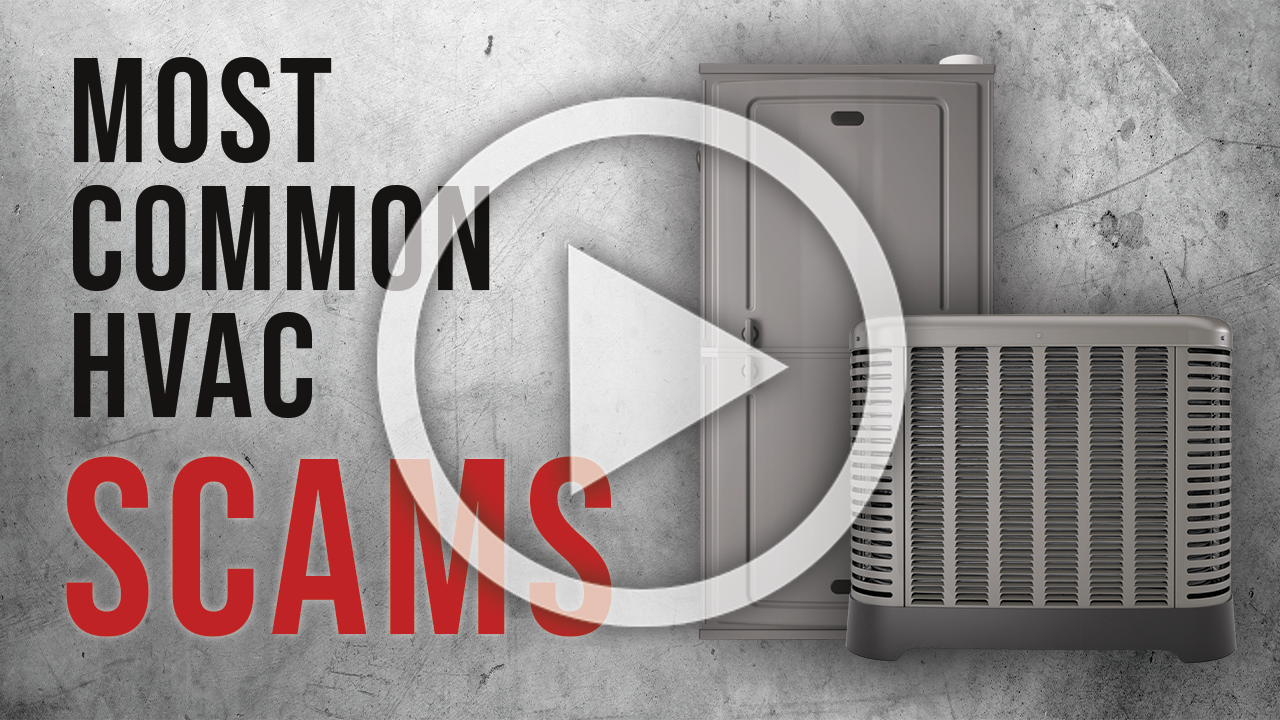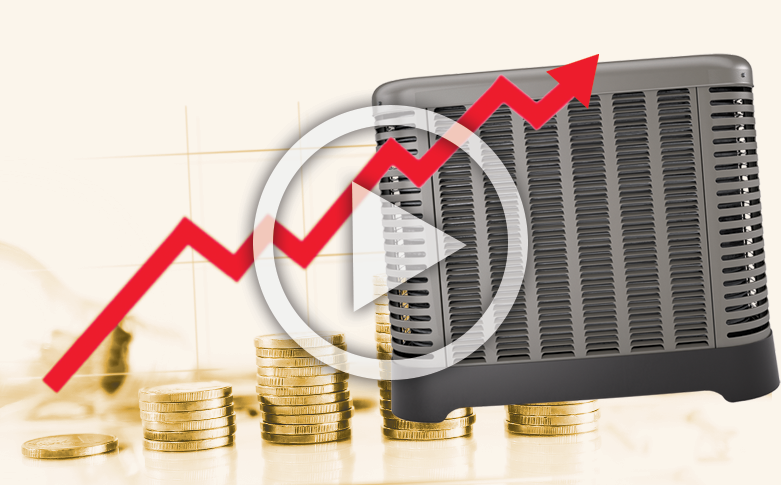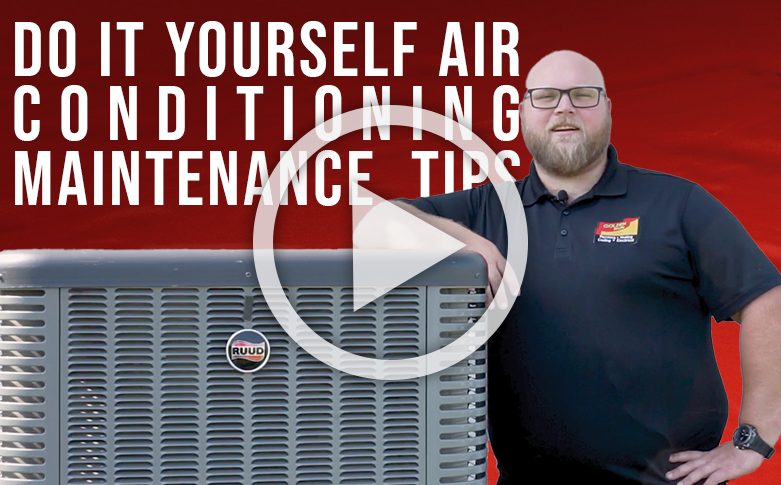As summer approaches, temperatures gradually rise, and cleaning your unit before you reach a high reliance on cooling systems is crucial. This prepares your HVAC system for year-round peak efficiency and reliability.
Change or Clean Air Filters
Air filters are essential determinants of indoor air quality and system efficiency. They clean the air flowing into your HVAC system. Filtered dirt clogs the filters, reducing the system’s efficiency as it struggles to draw in air.
Different HVAC models have different types of air filters. Some have replaceable models that need to be changed every three months, while others have filters that need to be cleaned once every two weeks. The frequency of changing or replacing the filters can vary depending on the intensity of HVAC use. Homes with pets may also need to clean or replace the filters more often due to a higher rate of pet dander accumulation.
Remove the air filters to examine for dirt and damage. All damaged air filters need replacing since the damaged parts may allow air pollutants to circulate into your home. You can use a hose to remove dirt particles until clean and then completely dry the filter before reinstalling.
Inspect and Clean the Ductwork
Some HVAC systems rely on a network of ducts to distribute conditioned air throughout your home. These ducts tend to accumulate dirt over time, and as air blows through them, they can carry the particles, reducing indoor air quality. In extreme dirt cases, the ducts may be blocked, and you may notice cold spots or uneven heating or cooling.
You can solve minor dirt accumulation by extending a vacuum hose to remove dirt from the duct interiors. However, severe cases require professional HVAC experts because they have adequate tools and cleaning mechanisms to remove stubborn dirt. They will inspect the duct system for dirt level and determine the appropriate, efficient cleaning technique. They may use negative pressure to dislodge particles and ensure they do not spread into your house but are absorbed into a vacuum collection unit.
About 40% of all energy loss in HVAC systems happens in the ductwork due to cracks, gaps, and poor joint connection. After cleaning, a professional will repair any sources of leaks or replace parts with extensive damage to ensure no air loss.
Inspect and Clean Vents and Registers
The vents and registers can also accumulate dirt over time, restricting airflow. Remove all air vent covers, and use a vacuum cleaner to remove dust and pet hair. Soak the covers in a cleaning solution for a few minutes, and clean with a microfiber cloth or sponge to remove stubborn dirt. You may also detach the registers and vacuum them and the duct openings. If there is rust on the cover, remove it with a rust remover before repainting.
Clean the Outdoor Unit
Air conditioners have outdoor units that accumulate dirt at an increased rate. Pests may also build nests in or around the unit, affecting its cooling efficiency. Even though regularly clearing debris around the dirt is essential, you should have a comprehensive cleanup before summer arrives.
Remove any leaves, twigs, or branches around the unit, and trim trees, bushes, or weeds to maintain at least 2 feet of clear space around the unit. The condenser coils can also have dirt that inhibits heat transfer. A professional HVAC expert can unscrew the top of the unit to access the coils. Debris inside can be collected with a vacuum cleaner before dusting inside the unit. Based on the manufacturer’s guidance, the HVAC technician can spray a coil cleaner on the coils and rinse after five to 10 minutes to remove stubborn dirt.
The technician will check the coils for damage or leaks around the refrigerant lines and repair them if necessary. They may also refill the refrigerant before replacing the top.
Inspect the Thermostat and Carbon Monoxide Detectors
An accurate thermostat efficiently regulates the working of your HVAC system, signaling it to turn off as soon as the desired temperature is reached. Dust accumulation on your thermostat can compromise its working condition. Use a soft cloth to wipe away dust, and use an independent thermometer to check the accuracy of your thermostat. An HVAC professional can calibrate your thermostat if there is a vast variation between the room temperature and the reading on the thermostat. They may also recommend upgrading to a smart model if you use a programmable thermostat.
It is difficult to detect carbon monoxide leakage in your home because it is colorless and odorless. Its levels may rise to fatal levels without detectors in good working condition. An HVAC expert can test the working condition of your carbon monoxide detectors. Replacing detectors older than seven years and changing the batteries yearly is essential.
Inspect the Condensate Drain
As warm air flows over the evaporator coils, moisture is condensed, and the water is collected in a condensate pan. The water is then drained to the ground via a condensate drain. Algae, mold, and mildew can grow in the condensate system due to the conducive temperature and moisture conditions. These can cause blockages in the drain and water leaks into your home.
You can clean the drain by pouring vinegar or condensate cleaner inside the pipe before flushing it with water. A professional can use air pressure to force the blockages out of the drain. They will also clean and sanitize the condensate pan and may use a time-release biocide tablet to prevent regrowth of algae and mold.
Clean the Evaporator Coils
The evaporator coils on the air conditioner are responsible for cooling air circulating in your home. They have a refrigerant circulating in copper tubing that absorbs warmth from the warm air flowing from your home. The coils may have accumulated dirt, which limits heat transfer and affects the performance of your system. An HVAC professional should clean the coils due to the high risk of damage.
Operation Test
Upon cleaning, the HVAC technician tests the system to ensure it operates accurately. The system’s power supply is restored, and the airflow pressure is checked at each air vent. The technician may listen for unusual noises and smells that indicate underlying issues and test the level of indoor air quality.
Schedule a tune-up service to optimize your system if you notice any issues after the test. During an annual tune-up, a technician can identify potential problems you may have overlooked and fix them before they escalate. They may also advise upgrading your system or house insulation for better efficiency.
Regular or comprehensive HVAC system cleaning is essential for optimal system performance. It can help improve your indoor comfort and save money on utility bills. There are simple DIY cleanups to do, but partnering with our HVAC professionals at Golden Rule is essential for comprehensive cleaning. We have been an HVAC, plumbing, and electrical service provider in Des Moines for over 20 years. We provide air conditioning and heating system installation, repair, maintenance, and replacement for all makes and models. Contact Golden Rule today for timely services.

Watch Out! Don’t Fall for These HVAC Scams Hey there, homeowners! Are you worried about keeping your home comfy and cozy without getting duped by shady... Read More

What You Need to Know About Air Conditioning Changes Coming in 2025 Hey there, homeowners! If you’ve been considering upgrading your air conditioning system, you might want... Read More

DIY A/C Maintenance Tips: Easy Ways to Keep Your AC Running Smoothly Hey there, homeowners! Keeping your air conditioner (A/C) in tip-top shape doesn’t have to be... Read More